The Grateful Mind
Millions of Americans reflect on their thankfulness each year in November on Thanksgiving. It’s a tradition that often involves being surrounded by as many family and friends we can cram into one home. The more the merrier–a saying that rings as true for the food as it does for the guest list. Many of us look forward to this tradition each year, and celebrate with abundance.
But what does gratitude look like in hard times? And how is this even possible or adaptive to be thankful when so much is uncertain and there is so much suffering? These are the questions I have been asking myself over the past few weeks. I know the importance of a practice of gratitude–I am a therapist, after all. You may have seen the proliferation of gratitude journaling popping up over the past several years. The idea behind a gratitude practice is quite simple: find a time in your day (or week) to quietly reflect on something that you are grateful for. Some people use meditation as a place to do their reflecting while others prefer writing in a journal.
There’s no guideline on how often we do this in order to see the results, though I have been playing around with the concept myself recently. I’ve even done some research on this topic (yes–there’s research on the science behind gratitude!) and here’s what I have found: writing every single day about my gratitude sometimes felt like a chore, so I decided to target once a week, more if I felt like it. Quality over quantity was another takeaway. When I just wrote a list of things I was grateful for, it didn’t pack the same punch that even a short paragraph on what one thing meant to me did. And lastly, I noticed that the unexpected things–little surprises, or positive reframes of challenging situations–were often more powerful than the more obvious things that I am grateful for in my life.
Here’s an excerpt from my journal:
The Sound of Music
Saturday, March 28th
”Today I was grateful for the sound of music outside my window. At first, I wasn’t sure what was happening. There was yelling, which I soon realized was joyful cheering. Then I heard pots and pans banging and clanging, and what even sounded like fireworks. I have since come to learn from my friend that this is something that my neighborhood does every night at 8:00 p.m. to express their thanks for the healthcare workers that are putting their lives on the line. I am not only thankful for those brave people on the frontlines, but to be a part of a community that cares so deeply for the heroic actions of providers. Today I have a smile on my face.”
Whether your practice is centered around meditation, putting pen to paper, or writing on your phone, blogging, or using your social media, the act of private reflection can still the mind in a way that little else can. This world moves at breakneck speed–and the quietude of our gratefulness can make space for the very necessary breaks in life that we need in order to restore our faith.
